Eric Chelle’s leadership of Nigeria’s World Cup qualifying journey faces renewed criticism as former Super Eagles midfielder Seyi Olofinjana highlights a loss of team identity, according to Soccernet.ng.
With Nigeria teetering on the edge of missing the 2026 FIFA World Cup, Olofinjana stresses the urgent need for a competent coach who receives unwavering support from the football governing bodies.
The Super Eagles approach their final two qualifiers against Lesotho and Benin with the understanding that anything less than victories in both matches could severely jeopardize their World Cup ambitions.
Copyright: IMAGOxAdekunlexAjayix
Since the beginning of the year, the Nigeria Football Federation (NFF) entrusted Chelle, formerly Mali’s head coach, with the national team’s direction following a period riddled with coaching upheavals.
José Peseiro, who guided Nigeria to the Africa Cup of Nations final, resigned after two draws in qualifying, citing insufficient support from the federation. Finidi George briefly took charge but lasted only two matches-a draw and a loss-before Chelle was appointed.
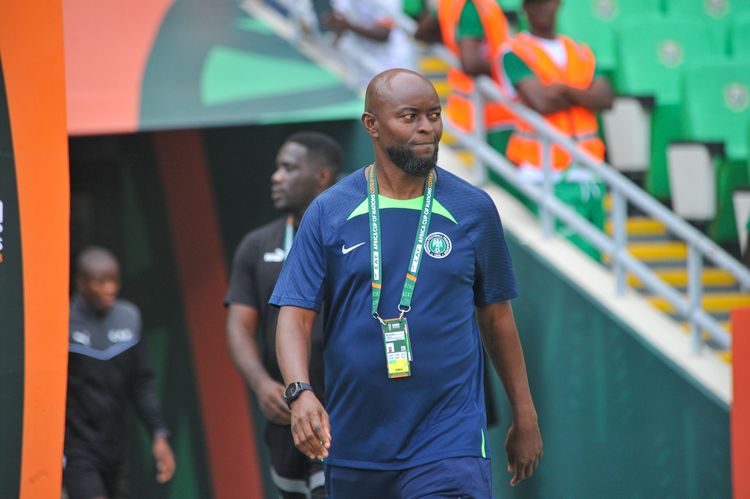
As the first African coach from outside Nigeria to lead the Super Eagles, Chelle has stabilized the team’s results with two wins and two draws in four qualifying matches.
However, Olofinjana, Chelsea’s head of African scouting and a member of Nigeria’s 2010 AFCON bronze-winning squad, views this progress as merely surface-level.
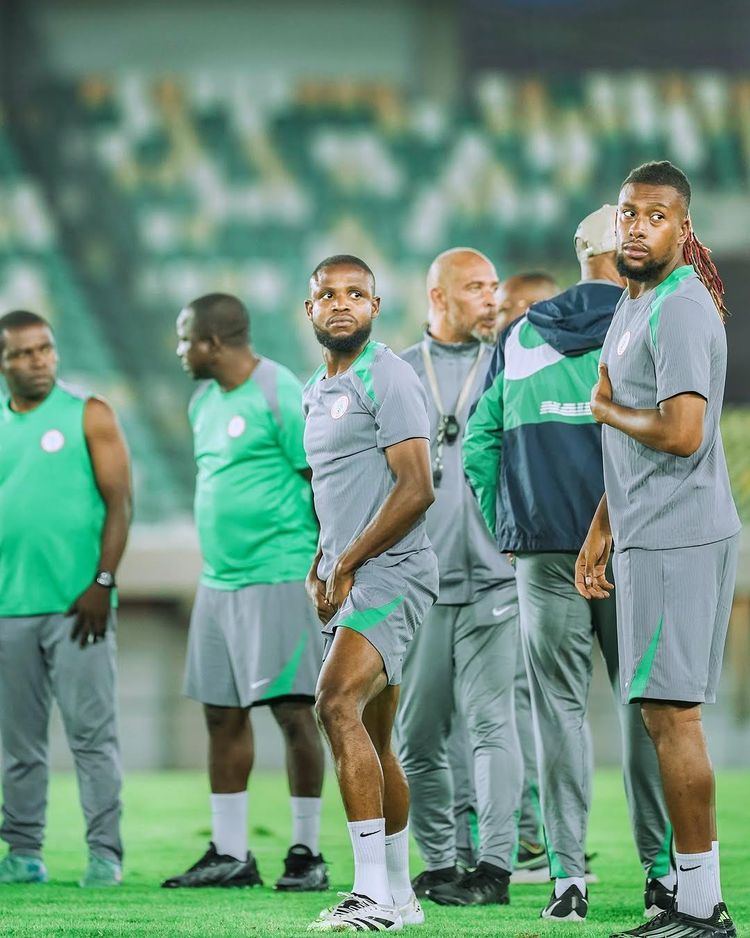
“The conversation must start with the coaching situation,” Olofinjana told Vanguard.
“Each coach brings their own vision, but they often lack the necessary backing. For instance, one coach left because he felt unsupported by the NFF.
“Another took over during a critical phase but didn’t last long. Then there was a coach with the best record, yet some say he joined too late to make a real difference.
“The constant cycle of hiring and firing disrupts the team’s stability. Coaches come and go, and that instability is detrimental.”
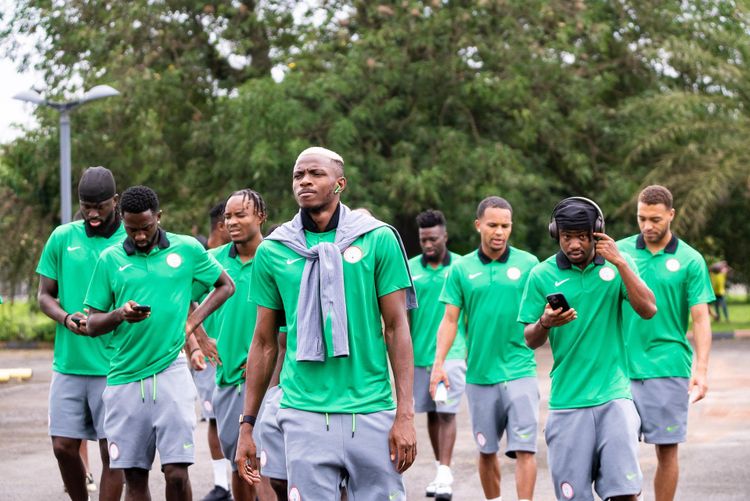
Stay Updated with Our Sports Coverage – Join Our WhatsApp Channel Today!
Olofinjana argues that this revolving door of coaches has stripped the Super Eagles of a clear playing philosophy.
“From my perspective, the core issue is the absence of a defined structure and identity,” he explained.
“Watching the Super Eagles now, it’s hard to pinpoint a consistent style. A team should have a recognizable approach and philosophy, but currently, that clarity is missing.”
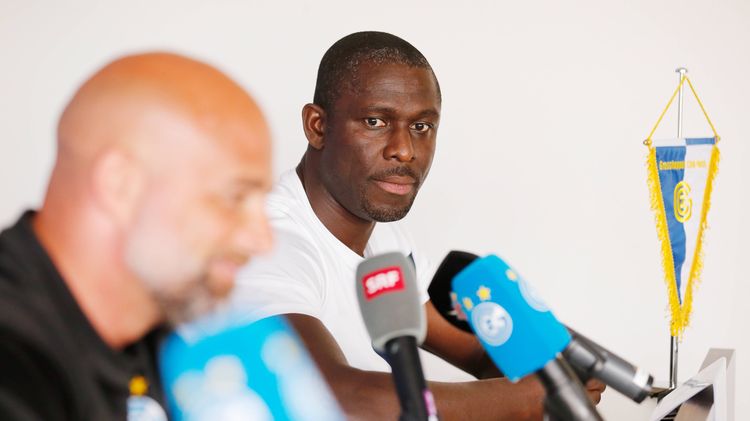
For Olofinjana, the remedy extends beyond the coaching bench to the administrative offices in Abuja, where the NFF is often accused of undermining its own appointments.
“Nigeria ranks among Africa’s football powerhouses,” he stated.
“What we require is a capable coach who is fully supported and respected. Without that, coaches either quit or fail, perpetuating a damaging cycle.
“Building a successful team demands structure. Without it, fans grow disillusioned, coaches depart, and players struggle to perform. Until there is consistency and a defined footballing philosophy, the Super Eagles will continue to falter.”

Nigeria’s recent track record echoes Olofinjana’s concerns. The team failed to qualify for Qatar 2022 after a surprising playoff loss to Ghana, and their current campaign has been inconsistent.
While Chelle’s pragmatic tactics have yielded results, they have yet to convince skeptics that the Eagles can compete with Africa’s top teams.
The Super Eagles face Lesotho on Friday, October 10, followed by a home clash against Benin Republic in Uyo four days later. To keep their World Cup dreams alive, Chelle’s squad must secure wins in both fixtures and rely on favorable outcomes elsewhere.


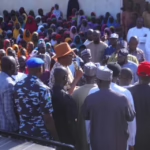
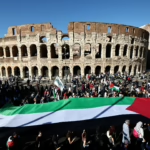
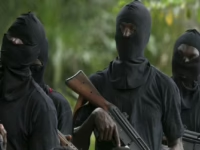
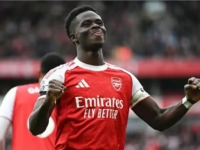
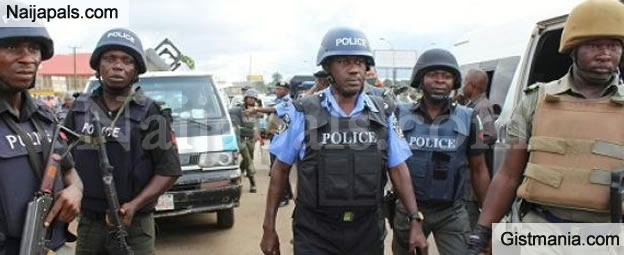
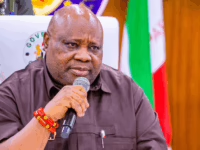
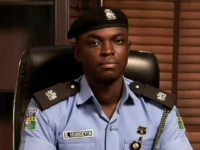
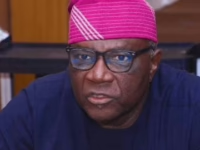
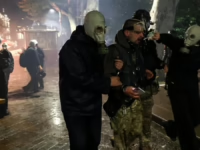
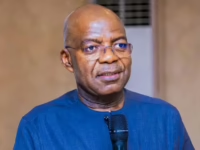

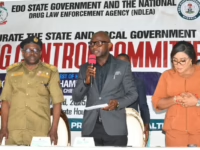
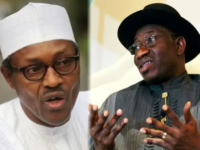
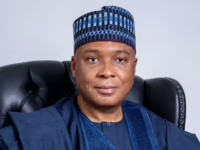
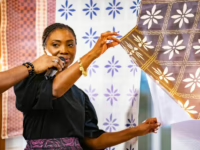
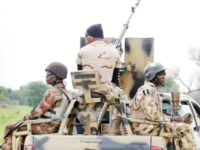
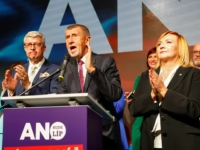
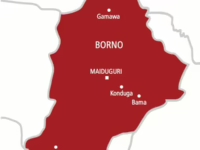
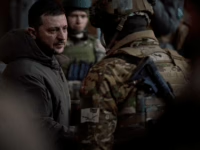

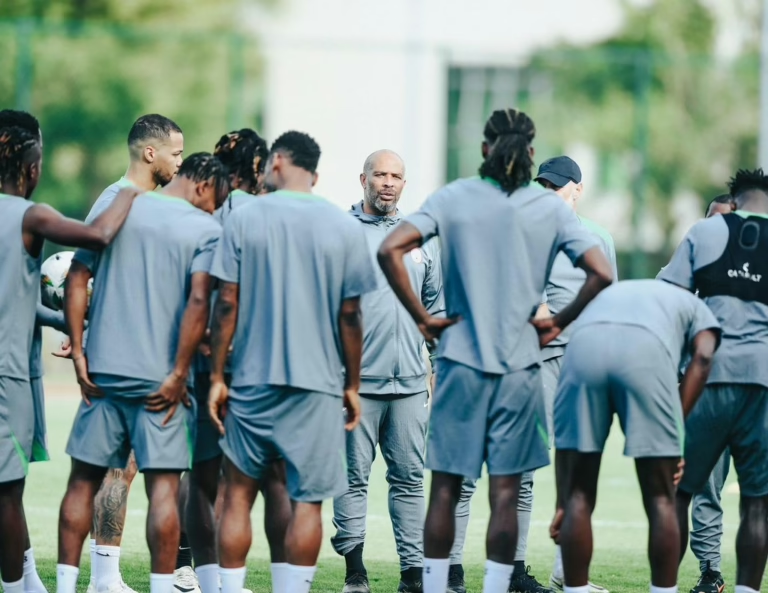


0 Comments